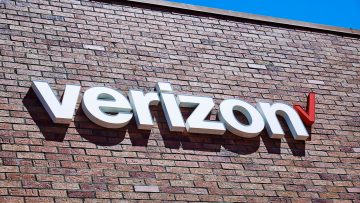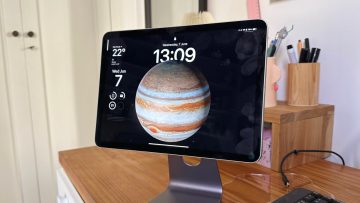- Epic Games did not win its preliminary injunction in its antitrust against Apple, which would have forced Apple to allow Fortnite back onto the iPhone, iPad, and Mac.
- Fortnite remains unavailable on Apple devices, as the judge presiding over the case ruled against Epic, citing the company’s deceitful practices, intentional breach of contract, and unwillingness to fix a problem of its own creation.
- The judge did stop Apple from blocking Unreal Engine, so the ordeal hasn’t been a complete loss for the game developer.
Epic Games has received the decision we warned you about a few weeks ago. The judge presiding over its case against Apple denied Epic a temporary injunction that would have forced Apple to allow Fortnite back into the App Store. That means iPhone, iPad, and Mac owners will have to look elsewhere to get their Fortnite fix, as the game will not make a return to Apple devices anytime soon. Epic and Apple’s court battle is just getting started, and the antitrust case will likely be tried in front of a jury, but that can’t happen anytime soon. Judge Yvonne Gonzalez Rogers has at least saved Epic’s other major property from getting banned from Apple’s App Store, the Unreal Engine that many other game developers license for their own creations.
Gonzalez Rogers hinted during the injunction relief hearing a few weeks ago that she wasn’t inclined to side with Epic when it comes to Fortnite. She pointed out at the time that Epic lied in its business relationship with Apple. “You did something, you lied about it by omission, by not being forthcoming. That’s the security issue. That’s the security issue!” Gonzalez Rogers told Epic. “There are a lot of people in the public who consider you guys heroes for what you guys did, but it’s still not honest.”
In court, Apple argued that its App Store practices that Epic had violated are meant to protect users from security risks and malicious software. Epic in late August, activated a hidden feature inside its Fortnite game that turned on a secondary payment option for users. Apple would have never approved the feature, and that’s why Epic did it behind Apple’s back. The move followed Apple’s refusal to allow Epic to use its own payment platform for Fortnite’s in-app purchases.
Epic engineered a huge PR stunt to turn gamers against Apple over the expected Fortnite ban and then sued Apple for anti-competitive practices at the same time. Even if the antitrust case might have merit on its own, this doesn’t change the fact that Epic breached its contract. The PR campaign that followed included more lying from Epic as it tried to convince gamers that Fortnite isn’t available on the iPhone or iPad because of Apple.
On Friday, Gonzalez Rogers made her ruling in the case official, denying Epic’s preliminary injunction request for Fortnite. Epic won the Unreal Engine part of the case, which mimics the verdict from the previous court battle between the two. Epic failed to save Fortnite on iPhone via a temporary restraining order but won in regards to Unreal Engine.
The judge clarified that Epic has breached a contract unilaterally and cannot claim that it did it because of monopoly concerns. Judge Rogers also said that Epic’s failure to show it’s willing to work with Apple and the court to have the game reinstated proves that Epic isn’t necessarily concerned with the well-being of iOS users:
Epic Games cannot simply exclaim “monopoly” to rewrite agreements giving itself unilateral benefit. Its other identified bases: damage to its reputation and the Fortnite gaming community cannot constitute irreparable harm where such harm flows from Epic Games’ own actions and its strategic decision to breach its agreements with Apple. While consumers are feeling the impact of this litigation, the fact remains: these are business disputes. A putative class action on behalf of all developers on these exact same issues was already in progress when Epic Games breached the agreements. […] Yet, Epic Games has never adequately explained its rush, other than its disdain for the situation. The current predicament is of its own making. […]
To assist, the Court even offered to require the 30% to be placed in escrow pending resolution of the trial which Epic Games flatly rejected. The refusal to do so suggests Epic Games is not principally concerned with iOS consumers, but rather, harbors other tactical moves. Epic Games admits that the technology exists to “fix” the problem by easily deactivating the “hotfix.”
Judge Gonzalez Rogers said during the hearing that the trial should be tried in front of a jury, which won’t happen anytime before next July. A date has not been set and it’s unclear how long a trial would last. In other words, Fortnite will continue to be banned on iPhone, iPad, and Mac for at least a year after Apple removed Epic’s developer account that governs it.
The full ruling is available at this link.








